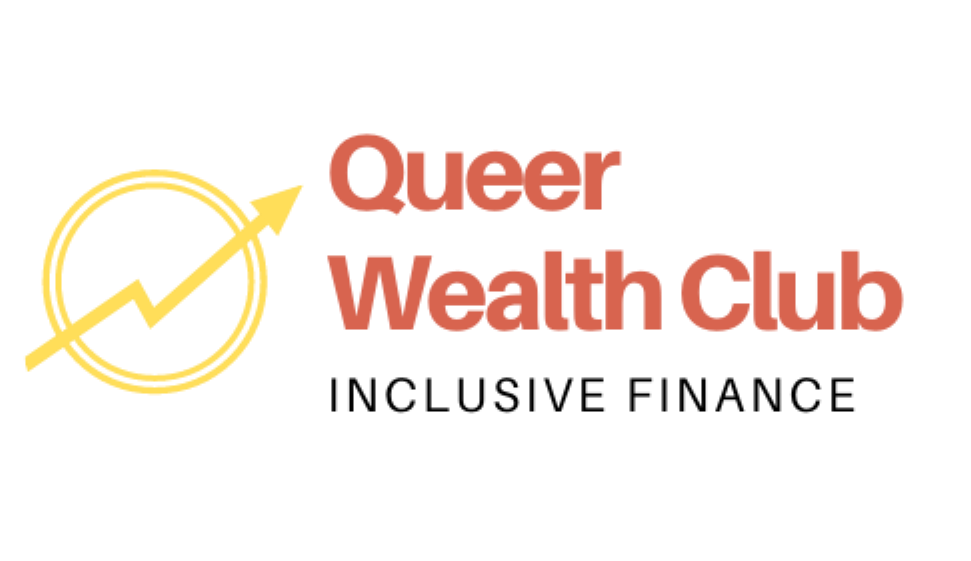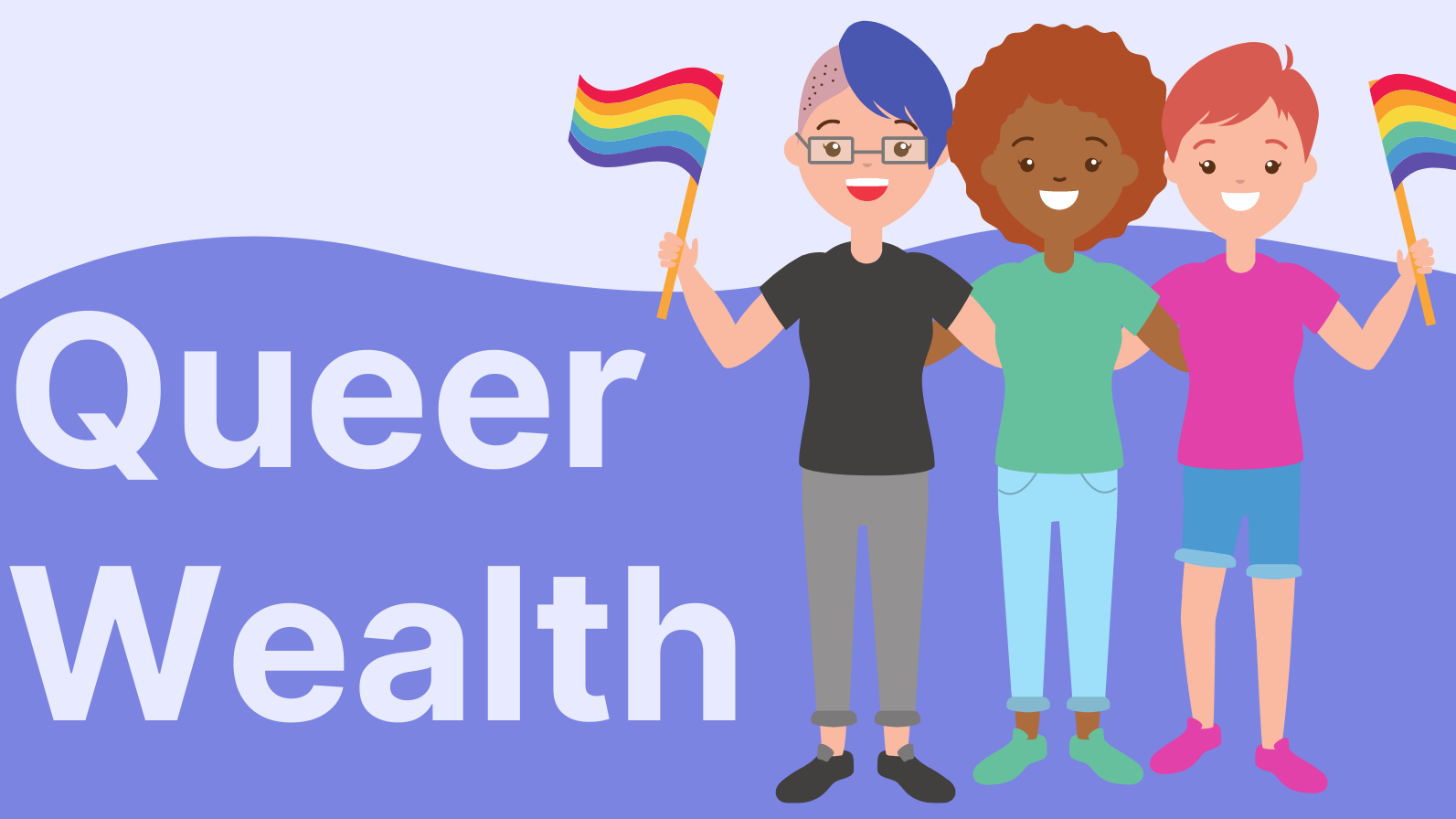According to a 2019 survey in Forbes magazine, 70% of LGBTQ respondents reported being behind when it comes to saving for retirement, This puts them almost 12% behind the general population. We want to change that.
A staggering majority of queer-identified people are behind on saving for retirement.
An unexpected expense of $5k would create significant financial discomfort for 44% of LGBT respondents to the Forbes study. Building up an emergency fund is an important first step towards financial independence. $5 might seem like an insurmountable wad of cash to save up, but starting with smaller goals ($259, then $500 and so forth) will get you on track fast.
Less that 33% or one-third of queer-identified people have ‘emergency funds’.
The Center for American Progress reports that queer and trans workers often earn anywhere between 10-32% less than similarly qualified cis- and straight colleagues. 15% of trans workers report earning $10k or less per year. With an increased risk for wage and workplace discrimination, it is imperative to build queer generational wealth and disseminate accessible and achievable advice towards financial security and independence in the queer community.
The queer and trans wage gap is real.
The Prudential Financial Wellness Census™ 2020 shows:
52% of LGBTQ Americans are anxious about their financial future.
Over half of LGBTQ Americans are worried about their finances and how to financially support themselves in the future. This is very concerning as it means that there is lots of stress about upcoming bills whether they are anticipated or not.
25% of LGBTQ Americans saw household income fall by half or more from 2019-2020.
COVID-19 affected everyone and particularly impacted the queer community by cutting their income in half.
More than half of U.S. adults saw their finances compromised— with people of color, women, younger people, small business owners, gig workers, and those employed in the retail industry disproportionately impacted.
The queer community is not alone in the financial hardship brought on by COVID-19, as many other communities were disproportionately impacted. These are sobering facts that hopefully compel us to take more action around lessening the impact of financial hardship. While preventing or even predicting the next world-wide pandemic is next to impossible, we can become savvy to mitigate the effect of unexpected circumstances on our finances.

